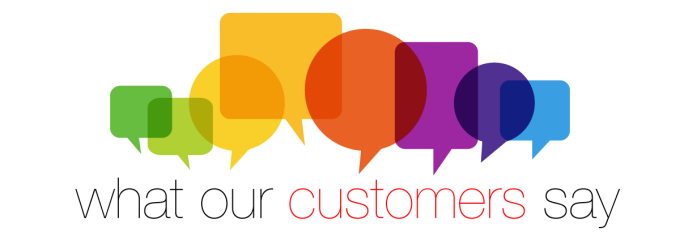Have you ever tried so hard and given it your all, only to fail at getting your desired results? Then you reacted to the lack of success by trying harder? Humans are the only species known to try hard when trying didn’t work! (tee hee) Winding down on the last days of 2020 while turning the corner into a new year has brought forth the awareness that many people spent last year trying too hard to be successful in many areas of their lives. This includes myself!
Sensitive people, or those with empathy, compassion, emotional intelligence, and a highly developed intuition, appear to be more prone to trying harder. That is my personal observation, anyway. Perhaps their overly developed senses compel giving more effort well beyond the point of working with balanced approach or the obvious conclusion.
My word study today is not about determination or putting forth the extra effort that is the benchmark for success. This inquiry is about trying so hard you lose yourself in the process and interfere with the goal. When I lose balance from trying too hard, it seems detrimental and leads to a basic lack of acceptance of the things I cannot change. That includes my attitude (haha). So in an effort to maintain balance, I will only mildly listen for a whisper on trying too hard:
You refer to conditioning that stems from childhood and leads to desperation. Are you desperate to find the right partner, the perfect job, or the location that supports your greater ability to thrive? Trying too hard can be an influence that began in childhood, where you thought you were unwanted or not good enough, and what followed was a personal perception of being unappreciated. If you undervalue your life in any form, it can lead to a behavior of always seeking validation from yourself and others.
If you find it hard to make friends or you believe you’re an outsider, the natural reaction would be to try harder to the point of losing yourself. The need for inclusion stems from a deep desire for recognition, but is also a sign that you may not freely acknowledge yourself. If you take on the emotional burdens that are not yours to carry, you will hold a vibration that attracts the people who will play a role in the refusal to include or acknowledge you and your essence.
Most well-rounded people will have other interests, other friends, and other responsibilities. Your job is to avoid seeing this as any type of threat. Wanting acknowledgment is not an issue, unless balance is lost and you become needy. If you develop the persona of responsibility to supply all the needs of those around you, then that gives great self-awareness that you are trying too hard. Healing the childhood issues of feeling unloved or unappreciated is your work; it’s not up to those around you.
Every success in life, whether seen as large or insignificant, has strengthened your core essence. Stop trying to prove yourself. This will not heal that part of you which experienced a lack of support. There’s a reason your parents could not provide complete emotional support. Leave that reason with them and nurture yourself back to a focus on your balanced expressions. Consciously pull back from the needs of others, to find peace with the critical nature of the relationship with yourself. The first rule to self-love is self-acceptance.
Bring joy, ease suffering and create beauty, then dance like you mean it!
Blessings, Russell
“Whether you try too hard to fit in or you try too hard to stand out, it is of equal consequence: you exhaust your significance.”
Criss Jami

